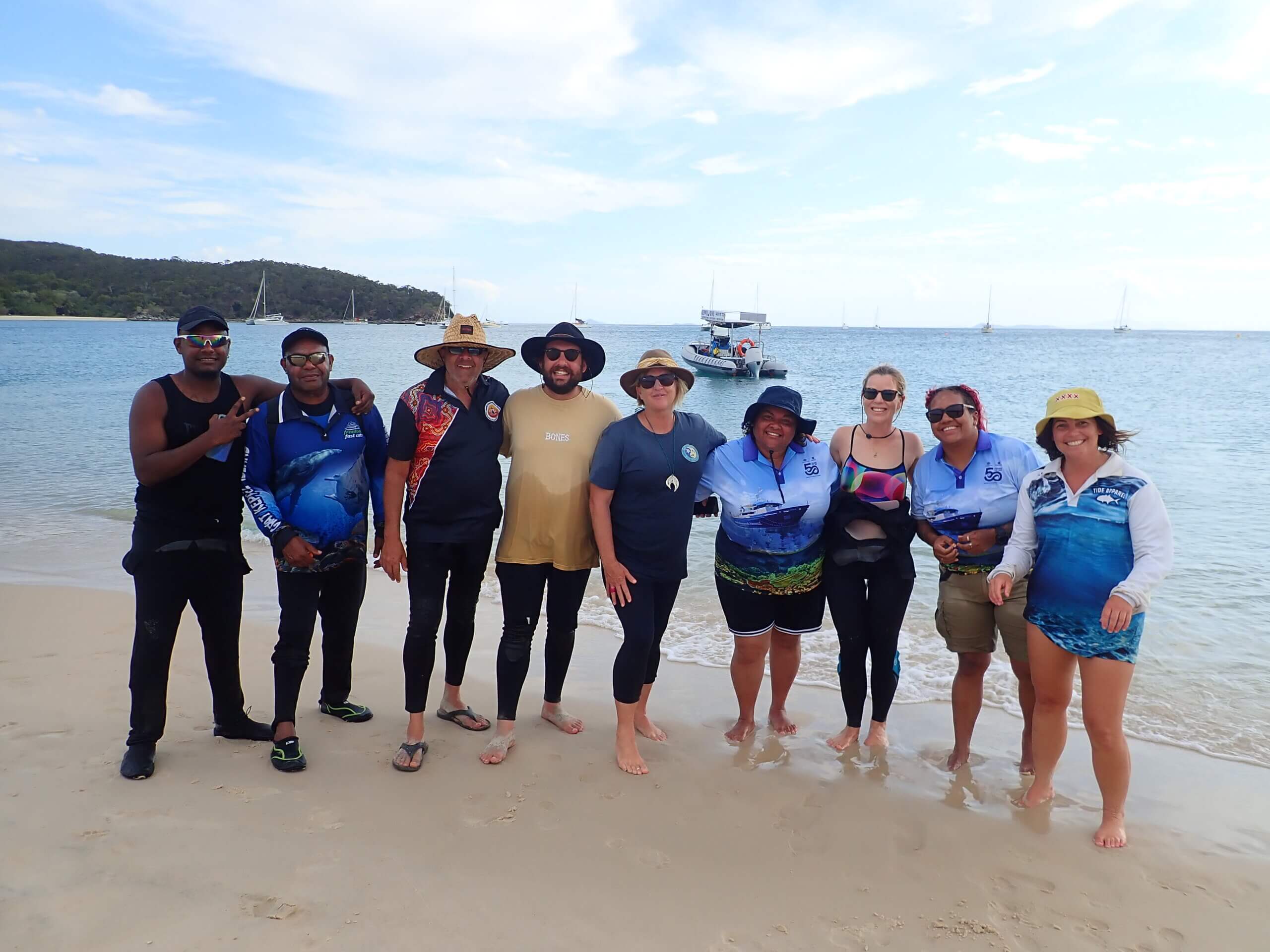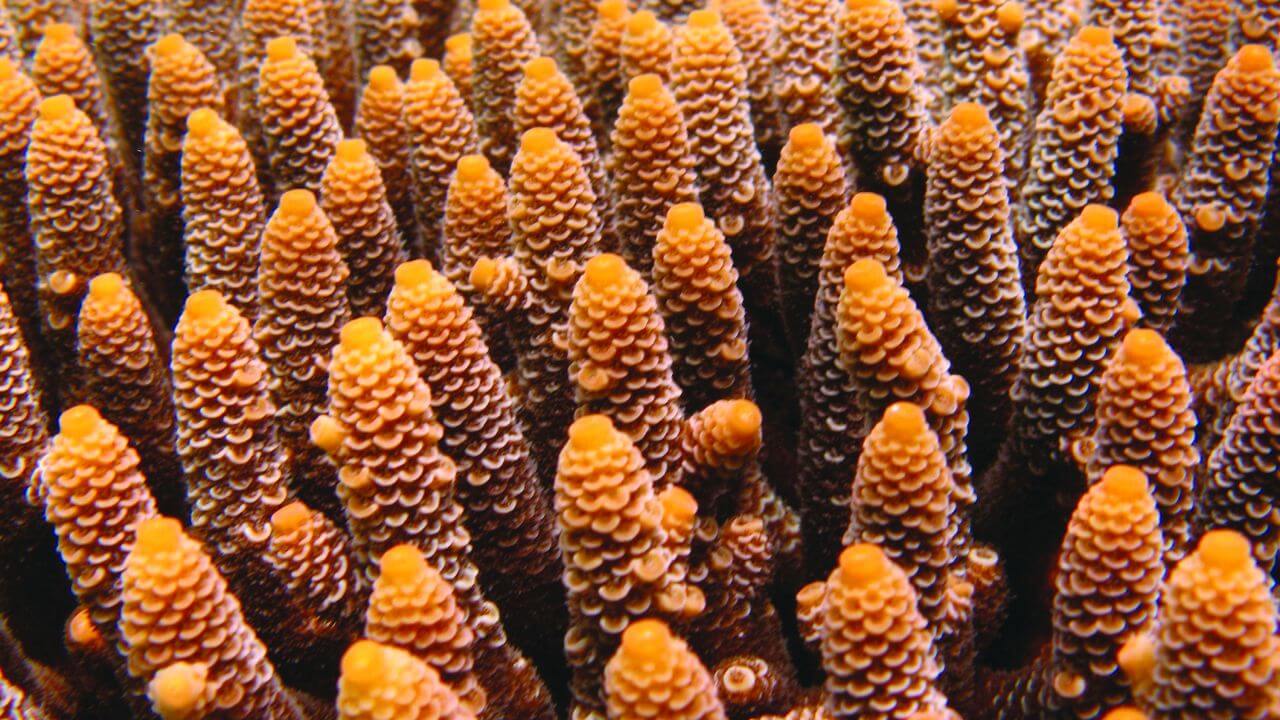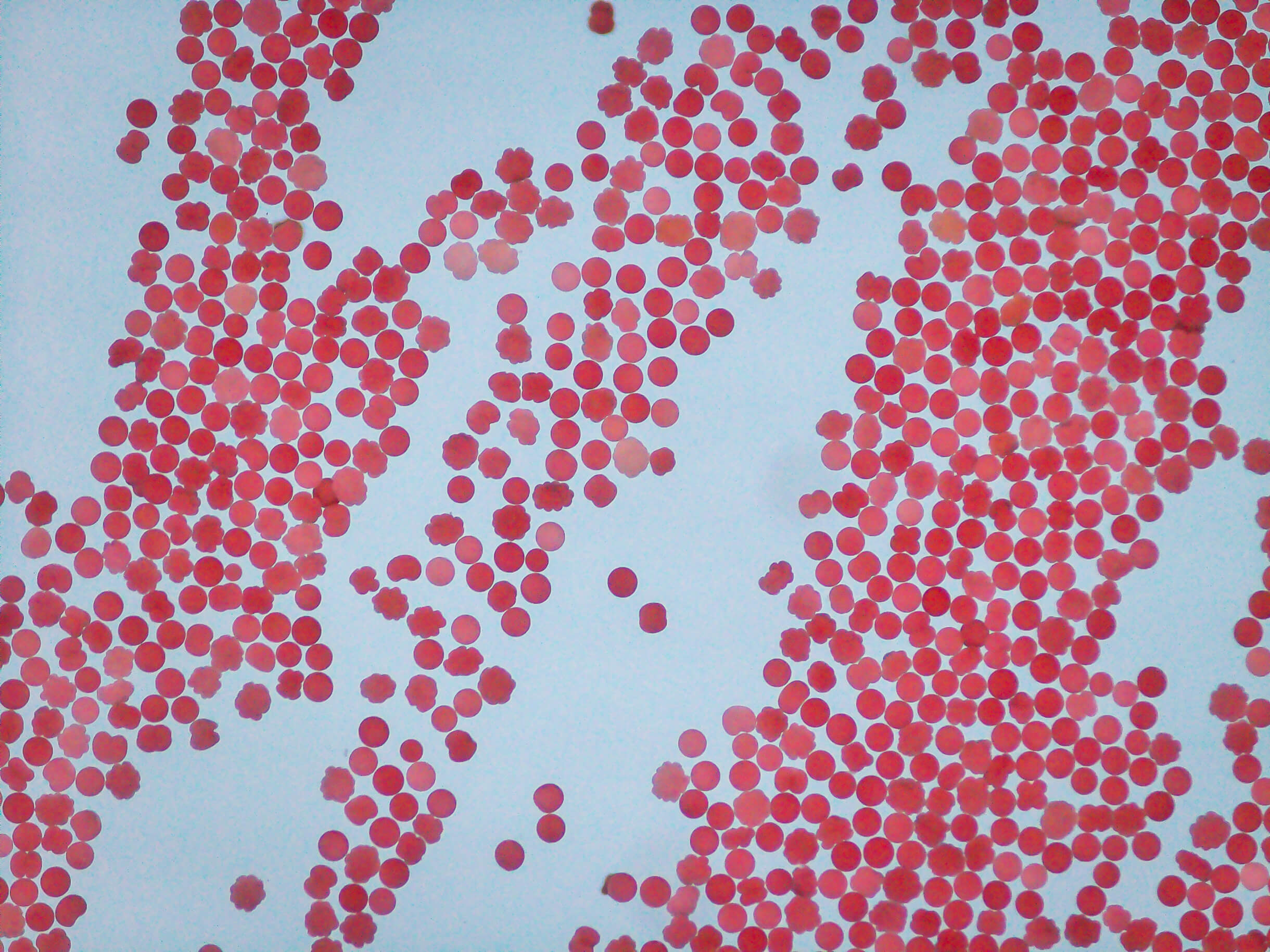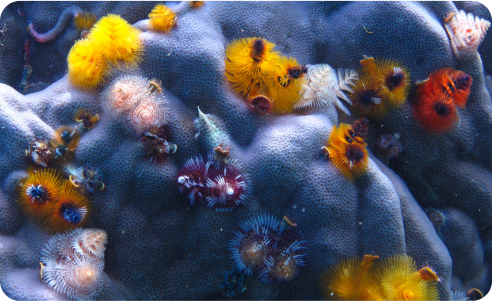
WORKING TOGETHER TO RESTORE CORAL REEFS
Two knowledge systems leading to better outcomes for the Reef
Story contributed by the Great Barrier Reef Foundation.
Weaving together Indigenous knowledge and Western science is at the heart of reef
restoration. Working together means that everyone is better positioned to benefit from, and adapt to, the outcomes of conservation activities. We can co-design the best research and keep all Reef communities informed and consulted about trials and results.
Some of the technologies being investigated to restore the Reef include human intervention. As such, members of the wider Indigenous community are likely to be interested and concerned about the potential risks to their sea Country. At the same time, some Indigenous community members may also consider the potential opportunities of technologies for future enterprise development, research partnerships and so on.
The Indigenous Partnerships team from the Reef Restoration and Adaptation Program
(RRAP) have been working with Reef Traditional Owners and social scientists to build a
Biocultural Framework that can be used to do just this – a forum to talk about worries and concerns around technology and co-benefits, share unique Reef knowledge and
perspective, and identify needs of people and country.

Libby Evans Illidge, from the Indigenous Partnerships team at the Australian Institute of
Marine Science (AIMS), says key to this forum is coming together on a level playing field.
“What we really need to actively manage is to make sure the relationship is neutral. And by that, I mean we need to leave space to hear the depth of the stories and the points of view that Traditional Owners may share with us. And that has resulted in just so many jaw-dropping a-ha moments through the years. When you realise, you’re talking to someone who has got the benefit of tens of thousands of years of knowledge that has been passed down through generations going back to when the Great Barrier Reef was a landscape that people lived on.”
— Libby Evans Illidge, Indigenous Partnerships Team, AIMS
The hope is that the new Biocultural Framework will make sure that Reef knowledge is
shared, and the potential risks and opportunity pathways are assessed.
Manuwuri Forrester, Lama Lama Traditional Owner and member of the Indigenous
Partnerships team at AIMS, says it’s important to recognise there are two knowledge
systems – Traditional Knowledge and Western science. While each are robust enough to
stand alone, when they come together the science is richer, more dimensional and has a greater impact on healing the Reef. Manuwuri says that Western science shouldn’t try to absorb traditional knowledge, but truly listen to the wisdom and knowledge. Looking through both the Indigenous and the Western lens will redefine the science and enhance the recovery of the Reef.
“Our thing is about incorporating traditional ecological knowledge into Western science space,” she says. “What we’re talking about is being a tapestry, where you have to have all these threads and they weave with one another to make the bigger picture – but don’t cut each other out.”
— Manuwuri Forester, Lama Lama, Indigenous Partnerships Team, AIMS

The first steps to working together are about information and consent. Whenever RRAP is planning to work on sea Country where there may be Traditional Owner rights or interests in place, research teams must seek and recognise free prior and informed consent (FPIC) from Traditional Owners. Yet for the program, consent to access and work in an area is the bare minimum. It’s important that there is a formal and long-term engagement process where Traditional Owner participation and delivery of co-benefits are front and centre in the co-design and co-delivery of projects.
“In terms of Reef science, a hundred years is not a very long record. The reality is that Traditional Owners have a much longer record of how the ecosystem has behaved, over thousands of years. They are the custodians, and the
— Cedric Robillot, Executive Director, RRAP
first scientists, and their principles are very much aligned with what we’re advocating for, which is if you care for Country, Country will care for you. That’s exactly how reefs work.”




